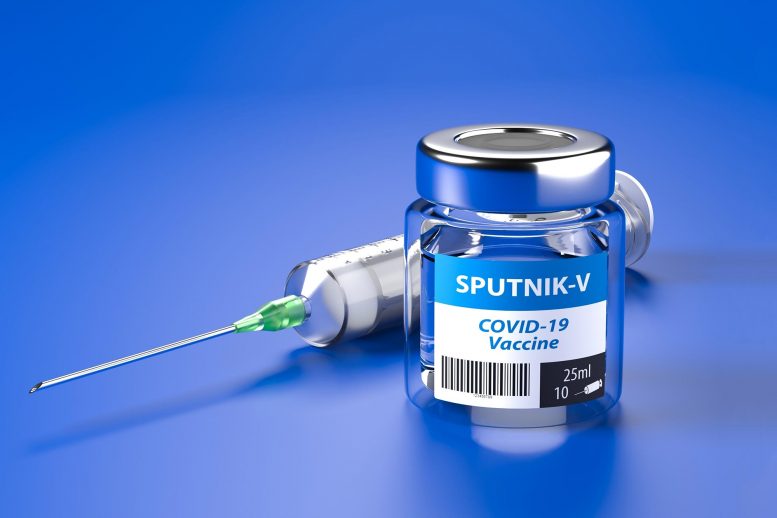
Sputnik V Vaccine
A single dose of the Sputnik V vaccine may elicit significant antibody responses against SARS-CoV-2, finds a study published on July 13, 2021, in the journal Cell Reports Medicine.
“Due to limited vaccine supply and uneven vaccine distribution in many regions of the world, health authorities urgently need data on the immune response to vaccines to optimize vaccination strategies,” says senior author Andrea Gamarnik (@GamarnikLab) of the Fundación Instituto Leloir-CONICET in Buenos Aires, Argentina. “The peer-reviewed data we present provide information for guiding public health decisions in light of the current global health emergency.”
Past research has shown that two doses of Sputnik V results in 92% efficacy against coronavirus disease 2019 (COVID-19), which is caused by SARS-CoV-2. An important question is whether a single dose would achieve greater public health benefit than two doses by allowing protection of a larger population more quickly.
Evidence from other vaccines offers support for the one-shot approach. The AstraZeneca vaccine shows 76% efficacy after a single dose, and the Moderna and Pfizer vaccines may induce sufficient immunity in previously infected individuals after one dose, with no apparent benefit of an additional dose.
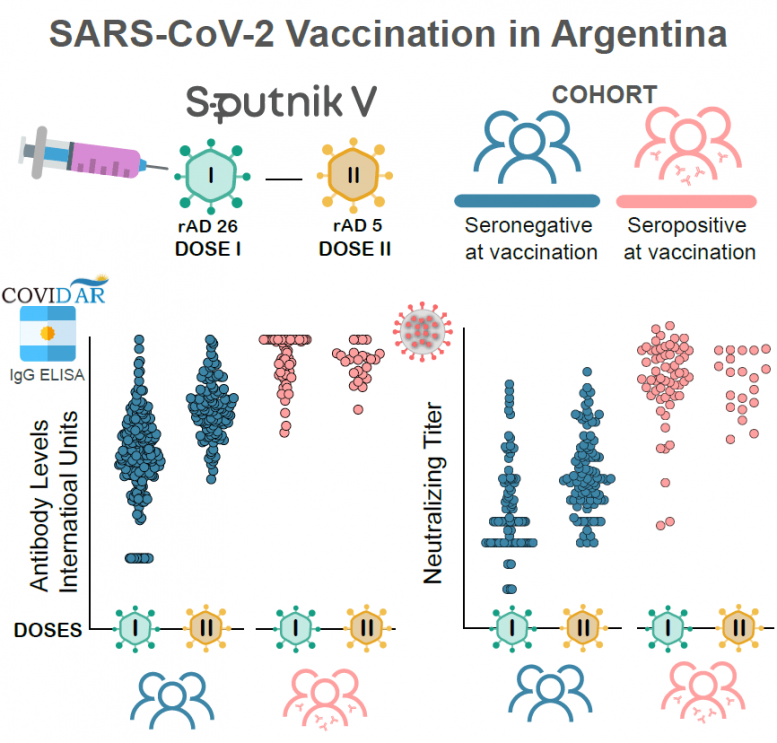
This graphical abstract shows antibody responses to Sputnik V vaccine in Argentina. On the top, schematic representation of the two-component adenovirus-based vaccine (rAD26 and rAD5) Sputnik V. Bottom, IgG antibody levels measured by International Units and SARS CoV-2 Neutralizing Titers in vaccinated naive (seronegative, blue) and previously infected (seropositive, red) volunteers. There is a high seroconversion rate following the first dose in naive individuals. In previously infected participants, a single dose of Sputnik V elicits a fast and robust antibody response without apparent benefit from a second dose. Credit: Rossi and Ojeda et al./Cell Reports Medicine
In the Cell Reports Medicine study, Gamarnik and her colleagues compared the effects of one and two shots of Sputnik V on SARS-CoV-2-specific antibody responses in 289 healthcare workers in Argentina. Three weeks after the second dose, all volunteers with no prior infection generated virus-specific immunoglobulin G (IgG) antibodies — the most common type of antibody found in blood.
But even within three weeks of receiving the first dose, 94% of these participants developed IgG antibodies against the virus, and 90% showed evidence of neutralizing antibodies, which interfere with the ability of viruses to infect cells.
Additional results showed that IgG and neutralizing antibody levels in previously infected participants were significantly higher after one dose than those in fully vaccinated volunteers with no history of infection. A second dose did not increase the production of neutralizing antibodies in previously infected volunteers.
“This highlights the robust response to vaccination of previously infected individuals, suggesting that naturally acquired immunity might be enhanced sufficiently by a single dose, in agreement with recent studies using mRNA vaccines,” Gamarnik says.
Further studies are needed to evaluate the duration of the immune response and to assess how antibody levels relate to vaccine protection against COVID-19. “Evidence based on quantitative information will guide vaccine deployment strategies in the face of worldwide vaccine supply restriction,” Gamarnik says.
Reference: “Sputnik V Vaccine Elicits Seroconversion and Neutralizing Capacity to SARS CoV-2 after a Single Dose” by Andres H. Rossi, Ph.D.; Diego S. Ojeda, Ph.D.; Augusto Varese, Ph.D.; Lautaro Sanchez, M.Sc.; Maria M. Gonzalez Lopez Ledesma, Ph.D.; Ignacio Mazzitelli, M.D.; Anabel Alvarez Juliá, Ph.D.; Santiago Oviedo Rouco, Ph.D.; Horacio M. Pallarés, M.Sc.; Guadalupe S. Costa Navarro, M.Sc.; Natali Rasetto, M.Sc.; Corina I. Garcia, Ph.D.; Shirley D. Wenker, Ph.D.; Lila Y. Ramis, M.D.; Magalí G. Bialer, Ph.D.; Maria Jose de Leone, Ph.D.; C. Esteban Hernando, Ph.D.; Santiago Sosa, M.Sc.; Luciana Bianchimano, M.Sc.; Antonella Rios, M.Sc.; Maria Soledad Treffinger Cienfuegos, M.Sc.; Julio J. Caramelo, Ph.D.; Yesica Longueira, M.Sc.; Natalia Laufer, Ph.D.; Diego Alvarez, Ph.D.; Jorge Carradori, M.D.; Dariana Pedrozza, M.D.; Alejandra Rima, M.D.; Cecilia Echegoyen, M.D.; Regina Ercole, M.D.; Paula Gelpi, M.D.; Susana Marchetti, M.D.; Martín Zubieta, M.D.; Guillermo Docena, Ph.D.; Nicolas Kreplak, M.D.; Marcelo Yanovsky, Ph.D. and Jorge Geffne, 13 July 2021, Cell Reports Medicine.
DOI: 10.1016/j.xcrm.2021.100359
This work was supported by the National Institutes of Health (NIAID) and by the National Ministry of Science Technology and Innovation of Argentina.



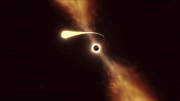
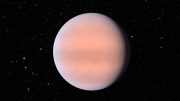

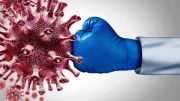
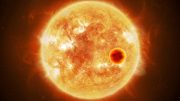
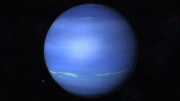
“single dose of the Sputnik V vaccine may elicit significant antibody responses against SARS-CoV-2, finds a study published on July 13, 2021, in the journal Cell Reports Medicine.”
Ha, the Rusky’s paid a lot of cash for the “study”. Now as the Trumpet is muted they need new promo channels.
if this is well effective against the coronavirus then it should be supply whole world for mankind.. Thank you.
added